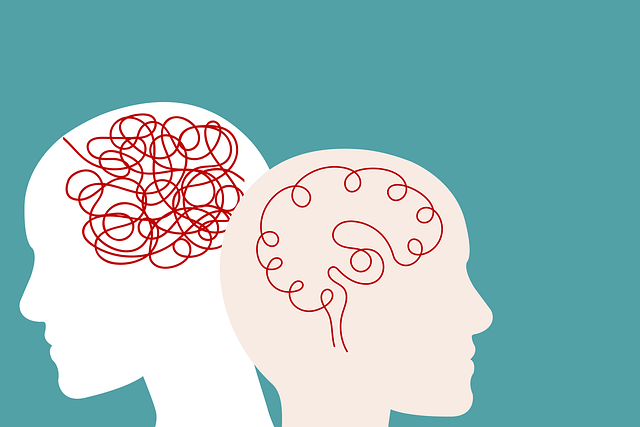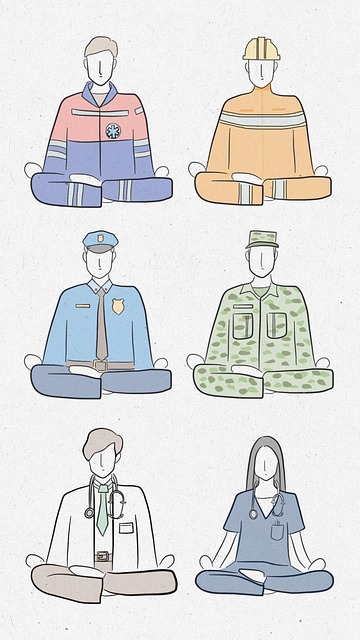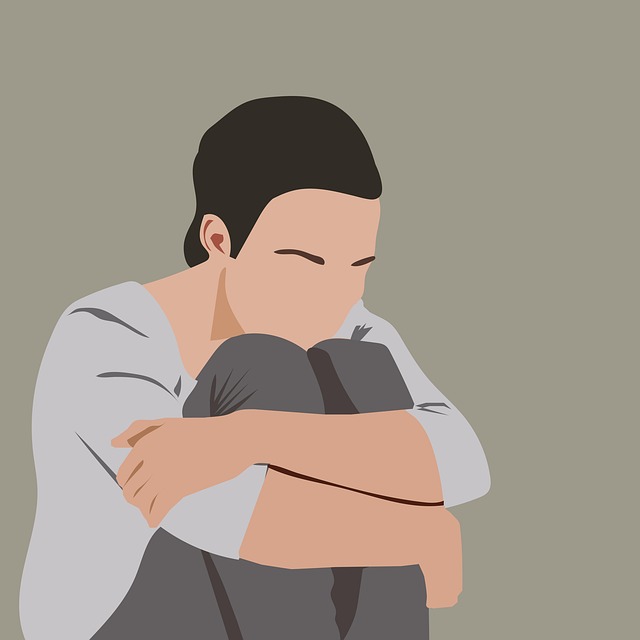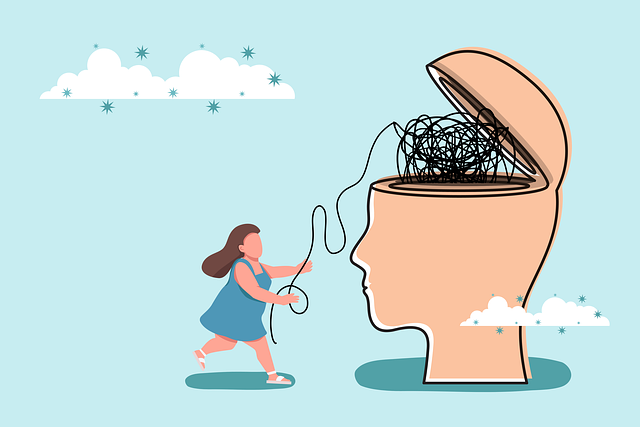Arvada Cognitive Behavioral Therapy (ACBT) is an effective approach to building resilience, empowering individuals to overcome life's challenges and enhance mental well-being. By addressing negative thought patterns through Mind Over Matter principles, ACBT teaches coping mechanisms for stress and trauma. This therapy promotes emotional stability, self-esteem, and a growth mindset, allowing individuals to embrace challenges as opportunities and experience increased personal satisfaction. With its evidence-based practices, ACBT is a crucial tool for managing modern-day stress and fostering resilience.
In today’s fast-paced world, building resilience is essential for personal growth and well-being. The article delves into the power of combining Arvada Cognitive Behavioral Therapy (CBT) with RFM—a framework focusing on Resources, Fortitude, and Mastery. Understanding resilience and its benefits, especially in coping with challenges, is key. By integrating RFM principles into CBT practices, therapists can enhance therapy sessions, strengthening clients’ resources, fortitude, and mastery. This holistic approach, supported by case studies, offers a practical hands-on guide to designing tailored exercises for effective resilience building.
- Understanding Resilience and its Benefits:
- – Definition of resilience and its significance in personal growth.
- – The role of resilience in coping with challenges and stress.
Understanding Resilience and its Benefits:

Resilience is a powerful tool that enables individuals to navigate life’s challenges and overcome adversity. It refers to the ability to adapt and bounce back from stressful or traumatic experiences, emerging stronger and more capable than before. Building resilience is an essential aspect of well-being, as it equips people with the mental fortitude to face various obstacles, whether personal, professional, or environmental. Through Arvada Cognitive Behavioral Therapy (ACBT), individuals can learn effective strategies to cultivate resilience, fostering a sense of empowerment and control over their lives.
The benefits of cultivating resilience are far-reaching. It enhances overall mental health, boosts self-esteem, and improves coping mechanisms when facing difficult situations. ACBT’s approach to Trauma Support Services incorporates Mind Over Matter principles, teaching individuals how to reframe negative thoughts and perceptions, which is particularly useful in managing stress and anxiety. By employing Stress Reduction Methods, one can mitigate the impact of traumatic events, fostering a sense of calm and resilience that permeates daily life. This proactive mindset empowers folks to embrace challenges as opportunities for growth, ultimately leading to increased personal satisfaction and fulfillment.
– Definition of resilience and its significance in personal growth.

Resilience is a powerful tool for personal growth and well-being. It refers to an individual’s ability to adapt and bounce back from adversity, challenges, or stressful situations. Through effective resilience building exercises, one can cultivate a positive mindset, enhance coping mechanisms, and develop a stronger sense of self-efficacy. This process enables individuals to navigate life’s twists and turns with greater ease, fostering emotional stability and overall mental health.
In the context of Arvada Cognitive Behavioral Therapy (CBT), resilience is a key component in therapy sessions. CBT helps clients identify and challenge negative thought patterns, replacing them with more adaptive and positive ones. By incorporating exercises that promote self-awareness, empathy building strategies, and cultural sensitivity in mental healthcare practice, therapists support individuals in developing resilience. Positive thinking becomes an integral part of this process, empowering people to approach challenges with optimism and a growth mindset, ultimately leading to personal transformation.
– The role of resilience in coping with challenges and stress.

Resilience is a critical component in our ability to cope with challenges and manage stress effectively. It’s the inner strength that enables us to bounce back from adversity, adapt to change, and maintain a sense of well-being even in the face of difficult circumstances. In today’s fast-paced world filled with various stressors, building resilience becomes an essential aspect of mental health support, especially through evidence-based approaches such as Arvada Cognitive Behavioral Therapy (CBT). CBT is designed to help individuals identify and change negative thought patterns and behaviors, fostering a more resilient mindset.
By engaging in exercises that promote emotional healing processes and social skills training, individuals can develop inner strength and better navigate life’s challenges. This proactive approach empowers people to not just survive but thrive even in stressful situations. Therefore, resilience is not merely an outcome; it’s a skill that can be cultivated through specific practices, ultimately enhancing one’s ability to cope and grow in the face of adversity.
Resilience is a powerful tool for personal development, enabling individuals to navigate life’s challenges with strength and adaptability. By integrating resilience-building exercises, such as those offered through Arvada Cognitive Behavioral Therapy, one can cultivate a mindset that enhances coping mechanisms and promotes overall well-being. These strategies empower folks to embrace adversity, fostering growth and a deeper sense of self. Understanding and practicing resilience is a game-changer, ensuring individuals are equipped to face life’s uncertainties head-on.














